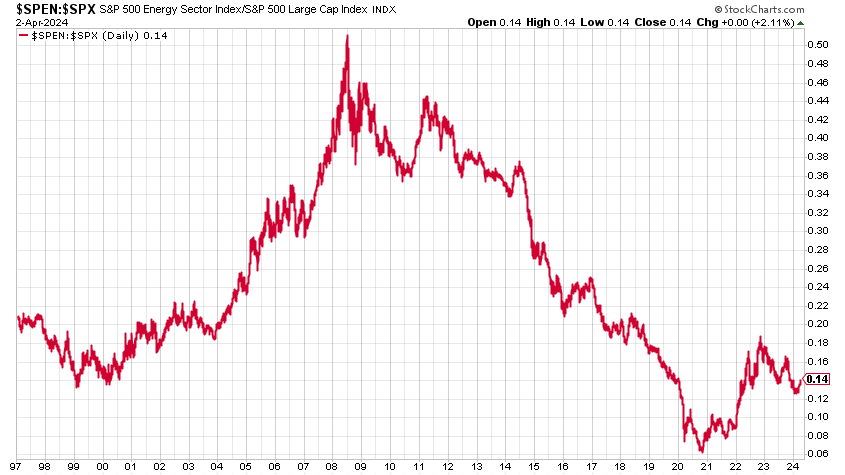With gold hitting new highs yesterday and the importance of owning some, in my view, as paramount as ever, I am going to send out my report on how to buy gold later today or tomorrow. If it is old hat to you, please just ignore the email.
If you prefer, you can also download the PDF version here:
(If that PDF doesn’t work, try this link)
In the meantime, today I want to take a look at oil. It is having a nice, quiet run.
What fossil fuels have made possible
There were some really interesting comments following this week’s Sunday morning thought piece about declining birth rates. You lot are clever.
My argument is that unaffordable housing has been a major cause of declining birth rates: people are having smaller families later in life, for the simple reason that they cannot afford anywhere to live. Dan Shaw replied as follows:
For the housing cost argument to be credible, it needs to explain what has changed. Basic necessities, including housing, have consumed the vast majority of people’s incomes until very recently in the developed world. They still do for most people today in the global south (where birth rates are also falling). Fiat inflation is undoubtedly eroding real income in the developed world, but it is only regressing disposable income towards historic norms when people were happy to start families. Why will people not start families when they have roughly the same wealth, in real terms, as their greatest generation (great) grandparents? Why are people in the global south, who have never seen Western wealth, also not having children?
Let’s put aside the issue of birth rates - they is not the focus of today’s piece, but Sunday’s. Instead let us ask: what was it that created this unique period in the 20th-century West, when ordinary middle-class people could afford housing and other basic necessities, and still have plenty of income left over for cars and other luxury items? It goes against almost all of history.
The answer must surely be fossil fuels. The energy they granted made us incredibly productive. It made 20th-century progress possible.
Today a variety of factors are undermining that: fiat money and the debasement of currency; restrictive planning laws and overregulation; and of course, a needless focus on other, more inefficient and wasteful energy sources.
The world seems to be slowly coming to its senses regarding fossil fuels, thank goodness, and, like them or not, they are clearly going to have an enormous role to play in powering economies for, at a guess, at least a hundred more years or until a superior form of energy is found. This is why they make up a core 10% of the Dolce Far Niente portfolio.
Whether it’s mines, farms, or factories, trucks, cars, boats, trains, or planes, or heating and cooling, we need fossil fuels, and they are going to make life a lot better for a lot of people.
Global economies seem to be ticking over reasonably well and finding their feet again. In particular, Chinese manufacturing data seems to be quietly improving. China and India are certainly growing consumption. Attempts to electrify western economies, well-meaning though they may be, seem to be coming apart, meanwhile. In short, oil demand is on the up.
This is confirmed by the latest oil market report from the International Energy Agency, which says: “Global oil demand is forecast to rise by a higher-than-expected 1.7 mb/d in 1Q24 on an improved outlook for the United States and increased bunkering” (refueling of cargo vessels). Meanwhile: “World oil production is projected to fall by 870 kb/d in 1Q24 vs 4Q23 due to heavy weather-related shut-ins and new curbs from the OPEC+ bloc.”
The combination of falling production and increased demand is what has led to higher prices.
Here’s Brent crude over the last two years, and you can see that nice solid low around $72.50, and the recent run from December to today’s price of $88.
The seasonal patterns favour a continuation of this run for at least another few weeks. January to May tends to be the best time of year to be long oil. Things tend to get dicey in the autumn. (Though beware of attaching too much importance to seasonals; they are more an additional rather than core reason for an investment decision).
Oil is still relatively cheap
I have two very interesting long-term charts to show you next.
First, is the long-term ratio between gold and oil. When this chart is high, oil is expensive relative to gold. When low, as is the case now (to an extent), oil is cheap relative to gold.
On a long-term basis, of the two, you probably have to say oil is the better bet. It’s not often you will hear me say that! To be clear: I advocate owning both.
This next chart is also interesting from a very long-term perspective. It shows energy as a percentage of the S&P500.
This has been creeping down for years - ever since $150 oil in 2008, but it has been creeping back up since Covid. You might validly argue that because of the emergence of new tech, new tech companies, and improved productivity, energy as a percentage of the S&P500 will inevitably go lower. That is certainly the evidence of the last 16 years. But you could equally make the case that energy is both essential and undervalued. In my view, it’s a bit of both.
So how to play all of this?
Simple ways include the likes of Shell (SHEL.L) and BP (BP.L), with Guinness Global Energy (ISIN 0P0000SV1G.L) another, more diversified possibility.
If you are looking for something at the spicier end of the market, then I challenge you to find a better report than this one by Dr. John from last autumn, in which he identifies his picks of the North American oil and gas juniors.
So to my vehicle of choice, and the one we hold in the Dolce Far’ Niente portfolio:

















